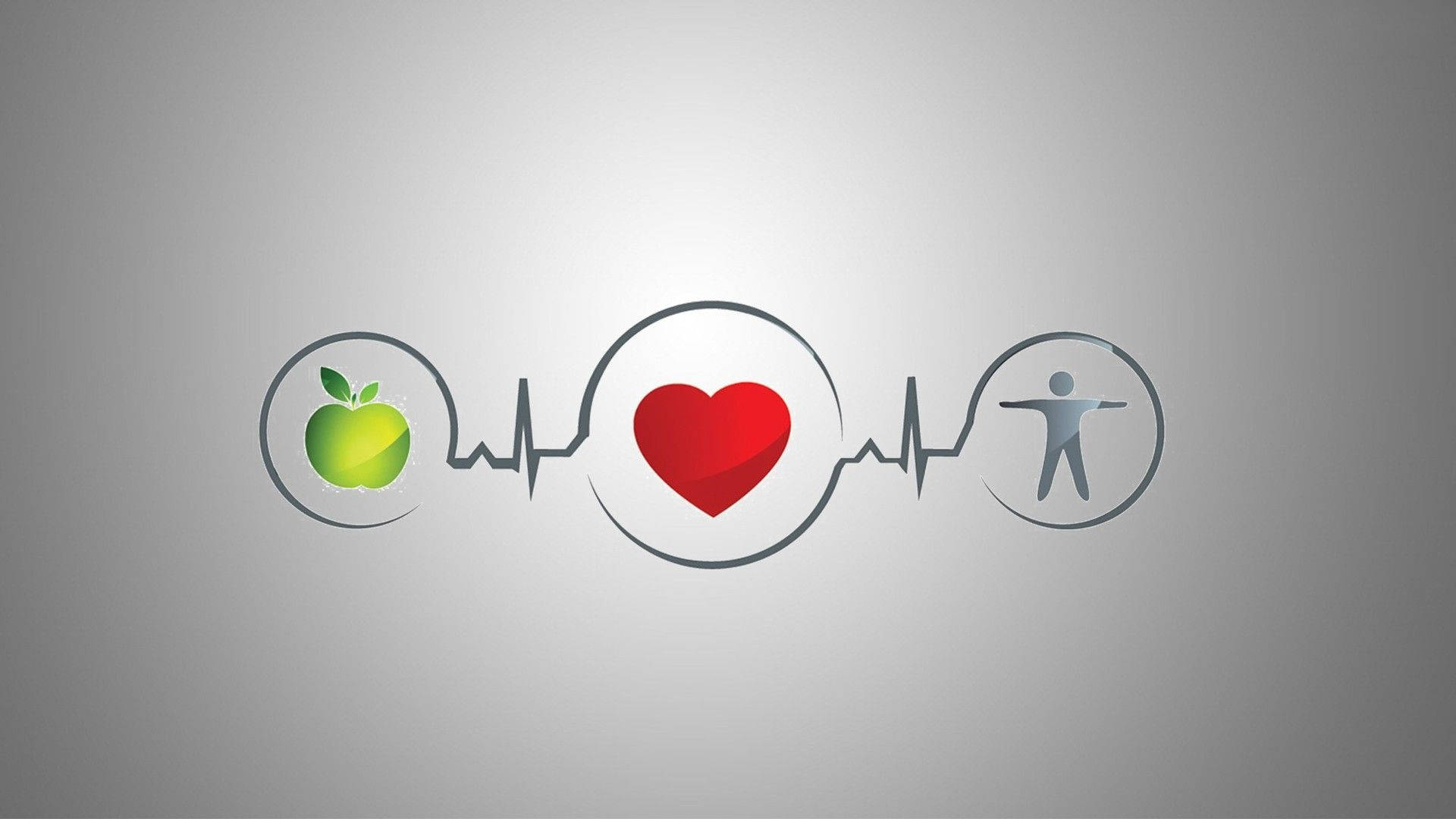Getting Ahead: The Role of Certification in Medical Billing and Coding
Getting Ahead: The Role of Certification in Medical Billing and Coding
Blog Article

In the ever-evolving landscape of healthcare, the demand for skilled professionals in medical billing and coding is on the rise. As the backbone of the healthcare revenue cycle, these specialists play a vital role in ensuring that medical facilities receive proper compensation for their services. With the increasing complexity of healthcare regulations and billing practices, obtaining certification in medical billing and coding has become an essential stepping stone for those looking to excel in this field.
Medical Billing and Coding Course
Certification not only enhances a candidate's knowledge and skills but also significantly boosts their employability. Employers often seek certified professionals to navigate the intricacies of coding systems, compliance standards, and insurance claims processes. As the healthcare industry continues to grow, having a medical billing and coding certification can provide an edge in this competitive job market, opening doors to a fulfilling career.
Importance of Certification
Medical billing and coding certification is a crucial step for professionals aspiring to excel in the healthcare industry. It provides a standard of excellence that demonstrates an individual's knowledge and competence in this specialized field. With healthcare becoming increasingly complex, employers seek certified candidates who can navigate the intricacies of medical codes and billing practices efficiently, ensuring accuracy and compliance with regulations.
Obtaining certification not only enhances job prospects but also often leads to higher earning potential. Certified professionals are frequently favored in hiring processes because they have undergone rigorous training and have proven their skills through examinations. This distinction can set candidates apart in a competitive job market, making certification a valuable investment in one's career.
Furthermore, certification fosters ongoing professional development. Many certifying bodies require continuing education to maintain credentials, encouraging individuals to stay abreast of the latest industry trends and changes in regulations. This commitment to lifelong learning not only benefits the individual but also enhances the overall quality of service provided to healthcare clients and institutions.
Types of Certifications Available
When it comes to medical billing and coding certification, there are several prominent options that aspiring professionals can pursue. The most recognized certifications are offered by organizations such as the American Academy of Professional Coders (AAPC) and the American Health Information Management Association (AHIMA). The Certified Professional Coder (CPC) credential from AAPC is highly sought after, as it demonstrates proficiency in coding for various healthcare services and procedures. Similarly, the Certified Coding Specialist (CCS) from AHIMA is designed for those who have a more advanced understanding of coding systems and are looking to enhance their career prospects in high-level coding environments.
Additionally, there are specialized certifications that cater to niche areas within medical billing and coding. For instance, the Certified Billing and Coding Specialist (CBCS) credential is essential for professionals focused on billing practices and compliance. There are also certifications for specific types of coding, such as the Certified Risk Adjustment Coder (CRC) and the Certified Outpatient Coder (COC), which target specific skills and knowledge required in those areas. These specialized credentials allow individuals to showcase their expertise and differentiate themselves in a competitive job market.
Furthermore, certification renewals and continuing education are crucial components of maintaining these credentials. Professionals in medical billing and coding must stay updated with changes in healthcare regulations, coding practices, and technology advancements. Many certification bodies require ongoing education credits, ensuring that certified individuals remain knowledgeable and skilled in their field. This commitment to lifelong learning further enhances their employability and success in the medical billing and coding profession.
Career Advancement Opportunities
Certification in medical billing and coding opens up numerous career advancement opportunities for professionals in the healthcare field. With a recognized credential, individuals can position themselves as experts in their domain, making them more appealing to potential employers. This enhanced credibility often leads to promotions and higher-paying roles within healthcare organizations, where certified professionals are frequently preferred over their non-certified counterparts.
Additionally, obtaining certification can lead to various specialized roles within medical billing and coding. Professionals can choose to focus on areas such as coding for specific medical specialties, compliance auditing, or even transitioning into healthcare management. These specialties often provide opportunities for further education and training, which can enhance skills and increase employability in a competitive job market.
Moreover, certified medical billing and coding professionals often gain access to a broader network of industry connections. Being part of professional organizations and attending conferences can provide valuable insights and help individuals stay updated on changes in regulations and technology. This networking can lead to job leads, mentorship, and collaborative opportunities that contribute to long-term career development and success in the field.
Report this page